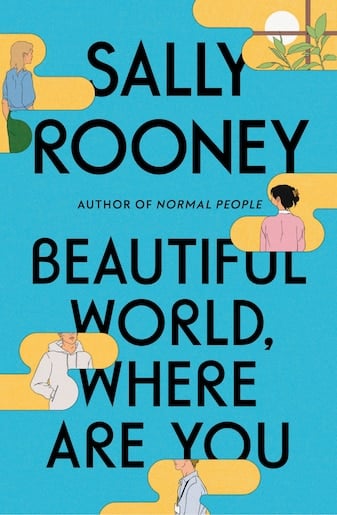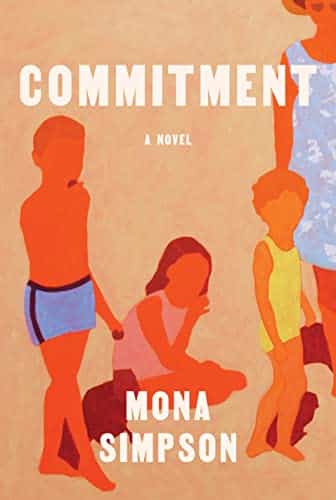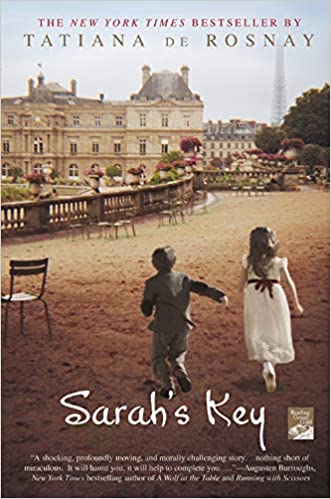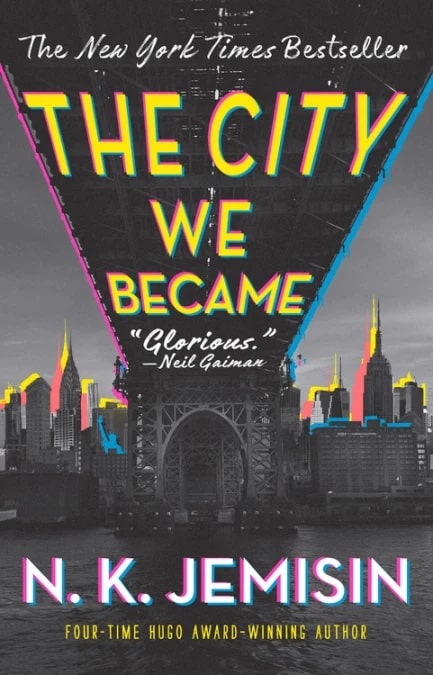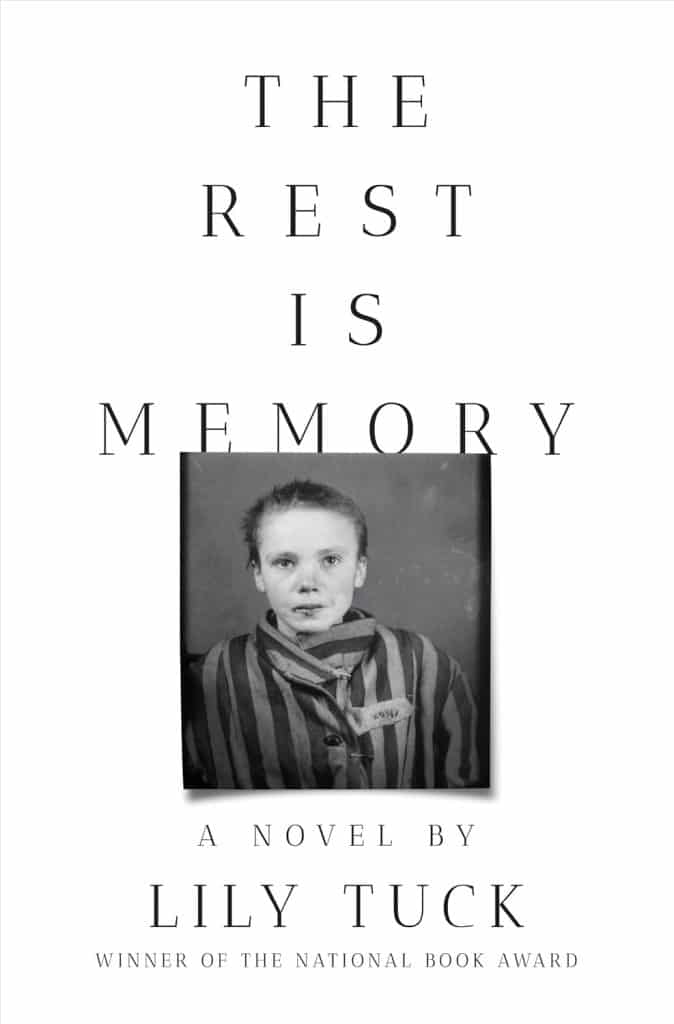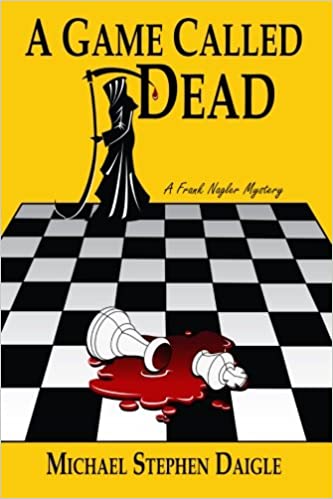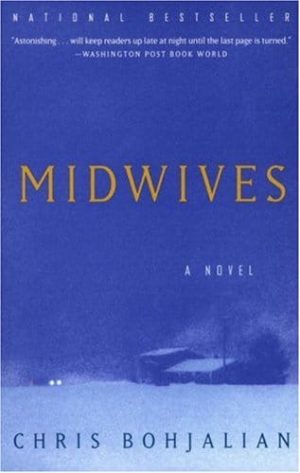
Midwives: A Novel
Estimated reading time: 1 minute, 33 secondsMidwives by Chris Bohjalian is “a compulsively readable novel that explores questions of human responsibility that are as fundamental to our society now as they were when the book was first published.” Forty years after the book was published, it is just as relevant, if not more so. Indeed, the book’s topics are more relevant today with the current set of decisions by the Supreme Court.
After reading The Pull of the Stars and watching every season of Call the Midwives, this was the logical next book for me to read. It is also one that I know Jan read and liked.
I highly recommend this book!
The Goodreads summary provides a concise overview.
The time is 1981, and Sibyl Danforth has been a dedicated midwife in the rural community of Reddington, Vermont, for fifteen years. But one treacherous winter night, in a house isolated by icy roads and failed telephone lines, Sibyl takes desperate measures to save a baby’s life. She performs an emergency Caesarean section on its mother, who appears to have died in labor. But what if—as Sibyl’s assistant later charges—the patient wasn’t already dead, and it was Sibyl who inadvertently killed her?
As recounted by Sibyl’s precocious fourteen-year-old daughter, Connie, the ensuing trial bears the earmarks of a witch hunt except that all its participants are acting from the highest motives—and the defendant increasingly appears to be guilty. As Sibyl Danforth faces the antagonism of the law, the hostility of traditional doctors, and the accusations of her conscience, Midwives engages, moves, and transfixes us as only the best novels ever do.
When you buy a book or product using a link on this page, I receive a commission. Thank you for supporting Sharing Jan’s Love blog.


